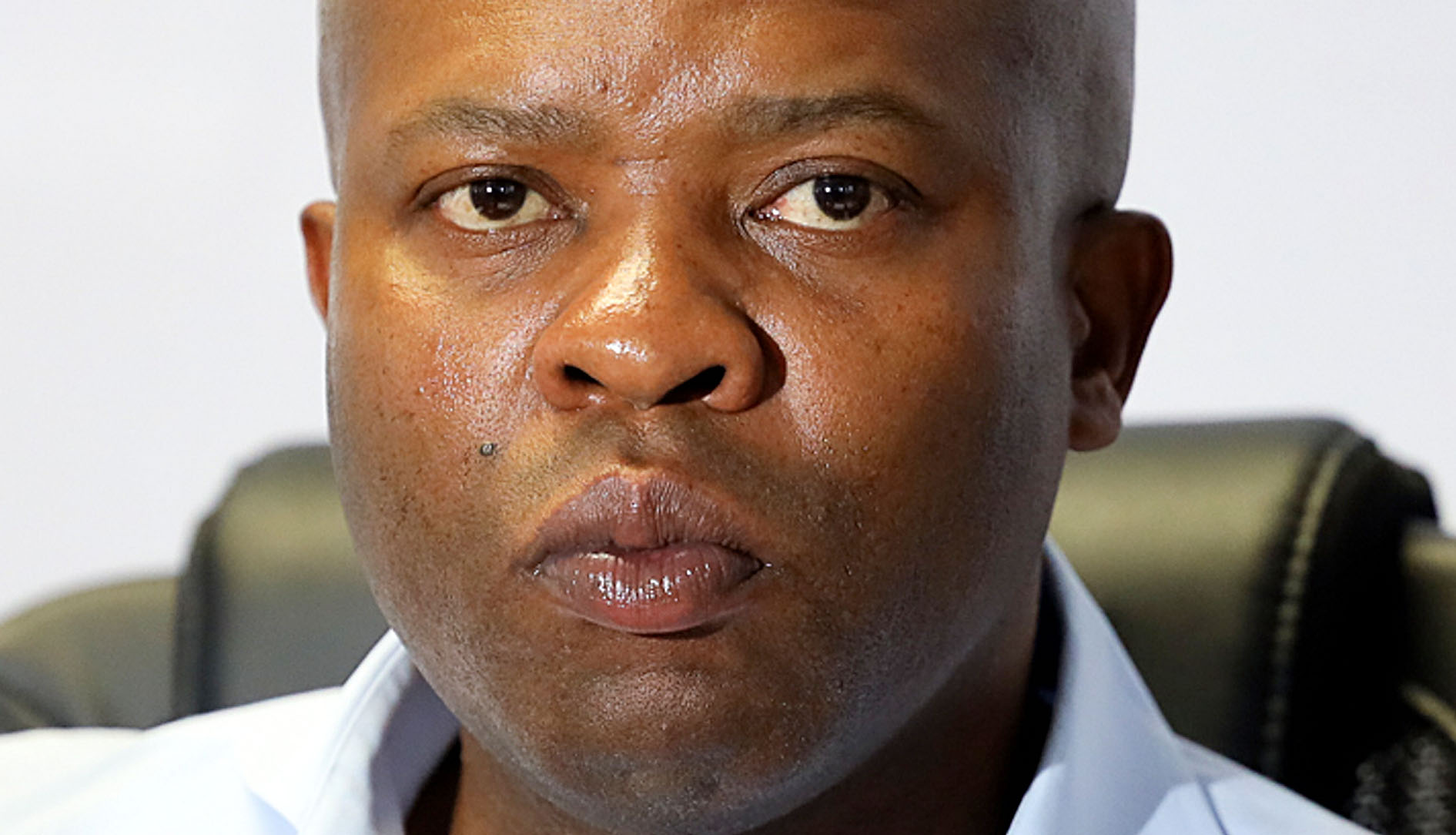When six families in Naledi, Soweto, lost their children in early October 2024 after they consumed a pesticide, allegedly from a spaza shop, their first priority was burying their children. Their second priority was achieving accountability.
The families buried their children, but no one has been arrested or held accountable for the deaths, which sparked a nationwide reform of the spaza industry following long-held concerns over health and safety issues, foreign ownership and a string of deaths in the past year allegedly linked to lethal pesticides sold in the stores.
The Naledi families say they can’t find closure while no one has been held responsible.
SAPS Gauteng Spokesperson Colonel Dimakatso Nevhuhulwi told Daily Maverick this week that no one had been arrested for the deaths of the six Naledi children, who were also close neighbours and friends.
“The inquest docket is still under investigation and no one has been arrested,” Dimakatso said.
The children died after allegedly sharing chips they bought at a spaza shop operated by a foreign national in the area.
The deaths sparked community outcry and immediate demands for the expulsion of all spaza shops run by foreigners. The National Consumer Commission (NCC) told Daily Maverick on Wednesday that 80 spaza shops in total were closed in Naledi following the deaths.
NCC spokesperson Pheto Ntaba said their inspectors had found that the shops were generally not compliant.
Mushimane, a South African spaza shop owner in Naledi who did not give his full name, told Daily Maverick on Thursday that he hadn’t closed his shop since the turmoil in the area began.
“Business is also very good now as you can see for yourself. I will be moving to a bigger place now because my business is growing rapidly and I also want to achieve better compliance,” he said.
Registration deadline
 Spaza shops owners attend a registration workshop in Motherwell in Gqeberha on 28 November 2024. (Photo: Gallo Images / Die Burger / Lulama Zenzile)
Spaza shops owners attend a registration workshop in Motherwell in Gqeberha on 28 November 2024. (Photo: Gallo Images / Die Burger / Lulama Zenzile)
More than 23 deaths have been recorded in Gauteng in the past year as a result of suspected food contamination. Most of those have been young children and many are allegedly linked to food bought from spaza shops.
In November, following widespread calls for the government to act on irregularities and non-compliance with regulations in the spaza industry, President Cyril Ramaphosa announced that all stores across the country would have to register or re-register their businesses within 21 days.
While the deadline was initially reported as Friday, the National Joint Intelligence Coordination Structure (NatJoints) said in a statement on Thursday that businesses had to register by Tuesday, 17 December.
“If one missed the registration window, it is important to note that the business cannot operate, and it must be closed down,” said the NatJoints statement.
Since Ramaphosa’s announcement, spaza shop operators have been scrambling to register their businesses before the fast-approaching deadline.
Read more: Spaza shop owners struggle to re-register before Friday’s deadline
On Wednesday, Gauteng MEC for Economic Development Lebohang Maile briefed the media on the progress of registrations in the province.
He said 85 registration centres had been established as of 10 December 2024, and 13,616 registration forms had been issued to owners who planned to apply for registration.
While Maile didn’t say how many had been approved, he said 1,916 applications had been rejected for being incomplete or missing supporting documents. He said 2,605 application forms were issued to non-South African spaza shop owners.
Other than the challenges in providing correct and complete documents, the provincial government said other challenges involved threats against officials assisting foreign nationals with applications.
“The eligibility for a business visa, as per South African law, is that a foreign national must invest the prescribed amount of R5-million into an existing business or provide a business plan with evidence of R5-million capital contribution,” Maile said in his statement.
Families’ pain
“I miss my daughter. It was really bad yesterday when I went to her room to look for a shaving machine,” Dumisani Masilela, the father of Zinhle Masilela, one of the children who died in Naledi, told Daily Maverick on Wednesday.
Masilela said he was not entirely satisfied with the work that police and authorities were doing, mainly because they had not yet got to the bottom of the issue, and thereby to enable closure.
The six families are divided on the progress of their children’s cases. While some are contemplating taking the government to court, Masilela said he wanted to privately mourn his daughter and hoped that authorities provided answers.
Joseph Sathekge, the father of Monica Sathekge, another child who died in Naledi, said, “I cannot fault in the Moroka and Naledi police. They exceeded my expectations in supporting us.”
Sathekge said he was forever kicking himself over his daughter’s death as he always watched over the group of children when they played.
“On the fateful day, I was doing washing and slipped the hour,” he said.
“The police did all they could. How do you explain the children’s deaths? They happened in a kind of pattern. I find it hard to put the blame on the spazas even though I also cannot exonerate them without proof,” he said. DM




 Spaza shops owners attend a registration workshop in Motherwell on November 28, 2024 in Gqeberha, South Africa. This comes after President Cyril Ramaphosa ordered that all spaza shops and food-handling facilities must register with their respective municipalities within 21 days. (Photo: Gallo Images / Die Burger / Lulama Zenzile)
Spaza shops owners attend a registration workshop in Motherwell on November 28, 2024 in Gqeberha, South Africa. This comes after President Cyril Ramaphosa ordered that all spaza shops and food-handling facilities must register with their respective municipalities within 21 days. (Photo: Gallo Images / Die Burger / Lulama Zenzile) 